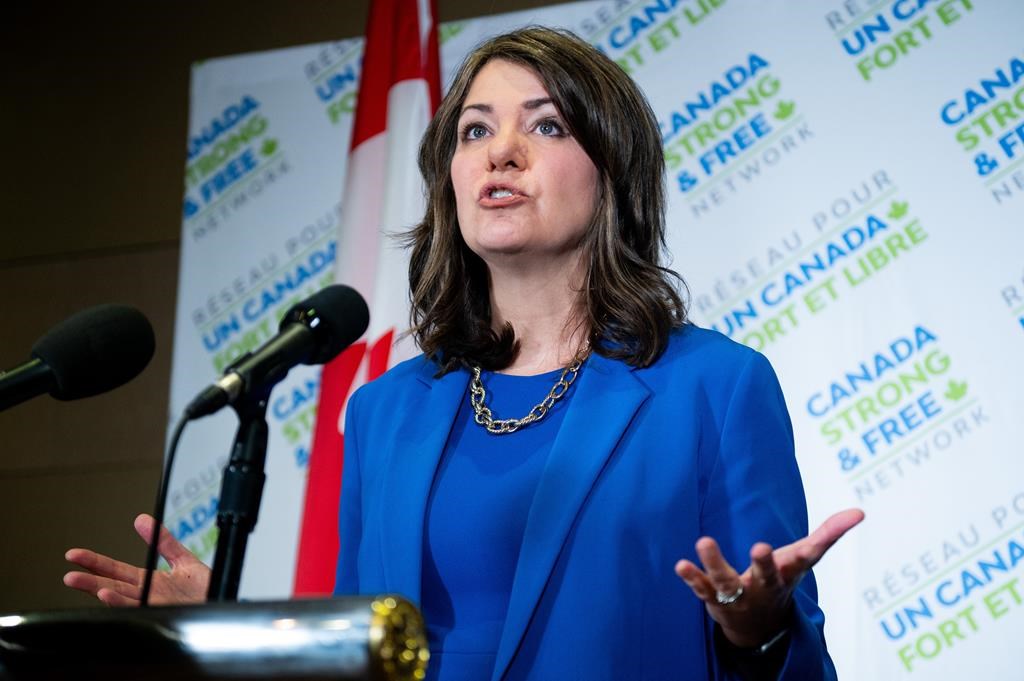Astros select SS Carlos Correa No. 1 in draft, first top pick from Puerto Rico
Posted Jun 4, 2012 11:56 pm.
This article is more than 5 years old.
SECAUCUS, N.J. – Carlos Correa was all smiles when he heard his name announced, knowing he had made hometown history at the baseball draft.
The Houston Astros selected the 17-year-old slugging shortstop with the No. 1 pick Monday night, making him the first player from Puerto Rico to lead off the draft.
“This means a lot,” Correa said from the draft site at MLB Network studios. “We’ve got a lot of good players there.”
Correa, however, is the only one to be drafted first from an island that has produced its share of baseball royalty: Roberto Clemente, Ivan Rodriguez, Carlos Beltran, Carlos Delgado, Juan Gonzalez, Bernie Williams. Some of those players signed as free agents — catcher Ramon Castro had been the highest-drafted player out of Puerto Rico, going No. 17 to Houston in 1994.
“I feel so excited to be the No. 1 pick,” said Correa, who was congratulated by Delgado on Twitter. “I’ve worked so hard to be here.”
It was the first time Houston had the top pick in the draft since 1992, when the Astros selected Phil Nevin — passing on a young shortstop named Derek Jeter, who went five spots later to the Yankees.
“I have read about that,” Correa said, calling Jeter his idol as much for the New York captain’s character off the field as on. “I want to be like him. He’s awesome.”
First-year Astros general manager Jeff Luhnow said Correa “has a chance to be a star” who could hit 20-30 home runs in the pros, whether it’s as a shortstop or “ultimately maybe third base.”
Correa said he’d like to stay at shortstop, and he plans to use his signing bonus to help his family financially.
As he walked to the podium and shook hands with Commissioner Bud Selig before a brief hug, Correa pulled out a small Puerto Rican flag and held it up to big cheers from the crowd of major league representatives and fans gathered in the stadium-themed studio.
Correa was one of five players in attendance at the draft, but his introduction was far from the most entertaining. Texas high school outfielder Courtney Hawkins did a backflip — after being prodded by a television reporter when a video was shown of him landing one — a few moments after going No. 13 to the Chicago White Sox.
The six-foot-three, 220-pound Hawkins, wearing a White Sox cap and jersey, spoke to general manager Kenny Williams right after he stuck his landing.
“They said, ‘Go do it,’ so I went and did it,” a smiling Hawkins said. “But Mr. Williams said: ‘No more.'”
The Toronto Blue Jays had the 17th pick and took high school outfielder D.J. Davis before selecting Duke University reliever Marcus Stroman with the 22nd selection.
The Blue Jays had three more picks and chose a trio of high school prospects, taking six-foot-eight, 220-pound left-hander Matt Smoral with the 50th pick, third baseman Mitch Nay at No. 58 and right-hander Tyler Gonzalez at No. 60.
While the NFL has a few dozen players show up for its draft, baseball has slowly made its event a place to be with the televised first round and major league representatives on hand — just a few years after it once was held entirely by conference call. The five players in attendance this year were the most since the draft moved to MLB Network studios in 2009.
Joining Correa and Hawkins were Oklahoma State lefty Andrew Heaney (No. 9, Marlins), Louisiana high school shortstop Gavin Cecchini (No. 12, Mets) and Washington high school catcher Clint Coulter, who went 27th to the Brewers.
Heaney, a draft-eligible sophomore, had tears in his eyes after Miami selected him. Sitting with the other prospects in a makeshift dugout, Heaney headed over to shake Selig’s hand and soon was wearing a Marlins cap and jersey.
“That’s about all that went through my mind is, don’t trip,” a beaming Heaney said.
While recent drafts lacked first-pick intrigue, Luhnow said the Astros didn’t settle on Correa until about an hour before they went on the clock. Several mock draft lists predicted the Astros would select Stanford right-hander Mark Appel, but instead Houston made a somewhat surprising selection — although Correa was considered one of the top five players available.
Appel slid a few spots lower than projected, going to Pittsburgh at No. 8.
Correa has an incredibly strong arm and terrific instincts on defence, and the Astros hope they’ve found a big-time bat for the middle of their lineup. The six-foot-four, 190-pound star from Santa Isabel starred at the Puerto Rico Baseball Academy and is committed to the University of Miami, but is likely headed to Houston’s farm system instead.
“Right now, he stays at shortstop and if he was to happen to grow out of it, it’s the power that’s the attraction here and it’s the middle of the order potential impact bat,” Astros scouting director and assistant general manager Bobby Heck said. “So if he has to move, his profile is still very, very strong.”
With the second pick, Minnesota took speedy Georgia high school outfielder Byron Buxton, considered a five-tool player with a bat considered the best among all draft prospects. The Appling County High School star has blazing speed, an outstanding arm and plenty of range in the outfield.
“It’s an exciting feeling,” Buxton told MLB Network. “I’m just ready to go out and play ball.”
University of Florida catcher Mike Zunino, who has drawn comparisons to Jason Varitek for his leadership and ability to handle a pitching staff, was taken No. 3 overall by Seattle.
Baltimore went with LSU right-hander Kevin Gausman with the fourth pick, adding a potential ace to its system. The draft-eligible sophomore has had a terrific season for the Tigers, going 11-1 with a 2.72 earned-run average and 128 strikeouts in 115 2-3 innings.
Kansas City went with University of San Francisco right-hander Kyle Zimmer, a converted third baseman, with the No. 5 overall pick.
“I was surprised because I was always sort of a hitter growing up. I guess the move paid off,” Zimmer, already wearing a Royals cap, told MLB Network.
The Dons’ ace went just 5-3, but had a 2.85 ERA with 104 Ks and only 17 walks in 88 1-3 innings. He threw consecutive shutouts during one stretch.
“He was the No. 1 pitcher on our board,” said Lonnie Goldberg, the Royals’ director of scouting. “I think everyone should know that. He’s the guy we wanted.”
The draft opened with uncertainty about the talent — many teams considered this crop of players weaker than recent groups — and several significant rule changes in place. Under baseball’s new collective bargaining agreement, teams will have a pool of bonus money from which to sign players. The Astros, for example, have about US$11.2 million to use on bonuses for their 11 picks through the 10th round. The Twins, who have 13 picks in the top 10 rounds, have about $12.4 million.
Teams face a punitive tax and the possibility of losing draft picks if they go over the prescribed bonus total. If a player doesn’t sign, the team loses the amount for that slot. Clubs now have until mid-July to sign draft picks, instead of the previous mid-August deadline.
Florida high school outfielder Albert Almora was selected sixth by the Chicago Cubs.
Max Fried, a high school left-hander from California, was picked seventh by San Diego. Right-hander Lucas Giolito, Fried’s teammate at Harvard-Westlake High School, was selected nine picks later by Washington despite not pitching since March because of a sprained elbow ligament.
Pittsburgh, which selected UCLA righty Gerrit Cole with the top pick last year, went after pitching again in Appel. The ace of Stanford’s staff has a mid-90s (mph) fastball and is 10-1 with a 2.27 ERA and 127 strikeouts in 119 innings for the Cardinal. In his last start before the draft, he avenged his only loss of the season by beating Fresno State in the NCAA tournament, fanning 11 in a dominant four-hitter.
Colorado rounded out the first 10 picks by taking speedy Alabama high school outfielder David Dahl.
Florida high school right-hander Lance McCullers Jr., the son of the former major league reliever, was drafted by Houston with the 10th pick of the compensation round, 41st overall.
The first round and the initial compensation round were completed Monday night, with rounds 2 through 40 conducted over the next two days via conference call.
___
AP Sports Writers Mike Fitzpatrick in Secaucus, Kristie Rieken in Houston and David Skretta in Kansas City, Mo., contributed to this report.










